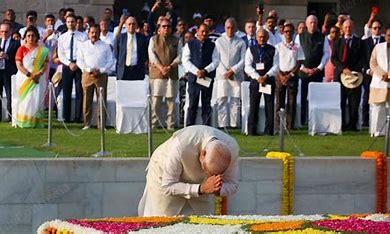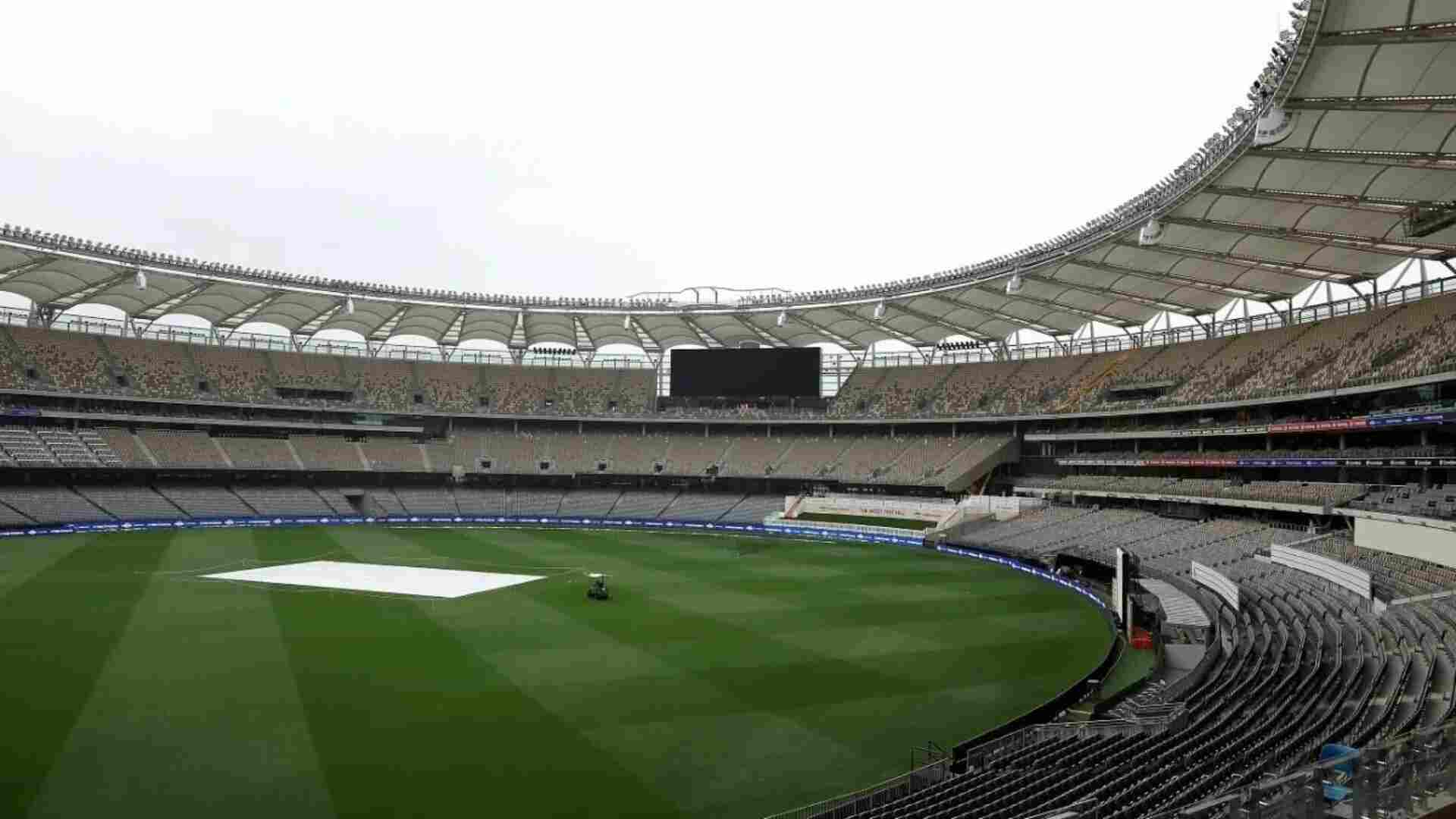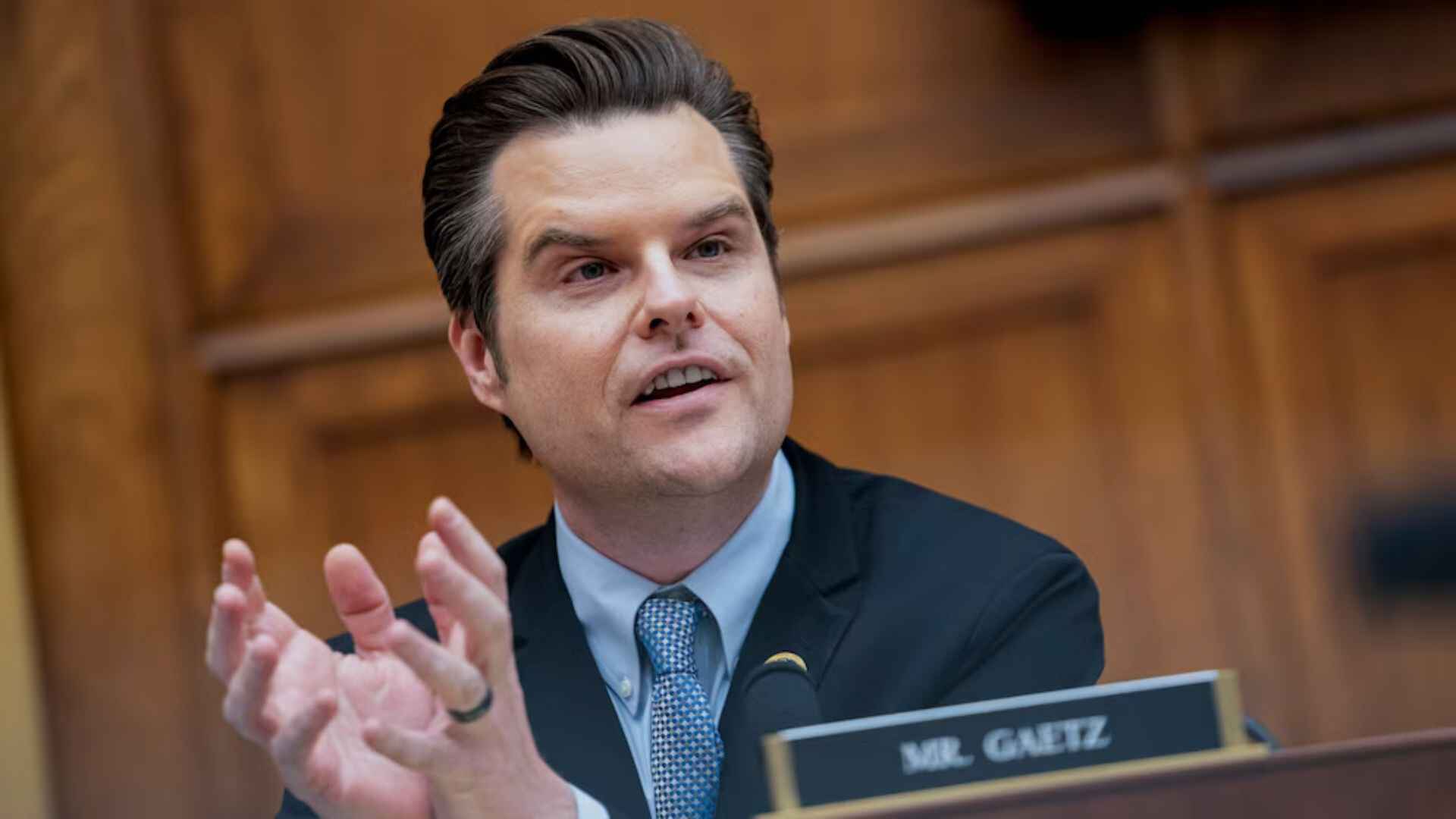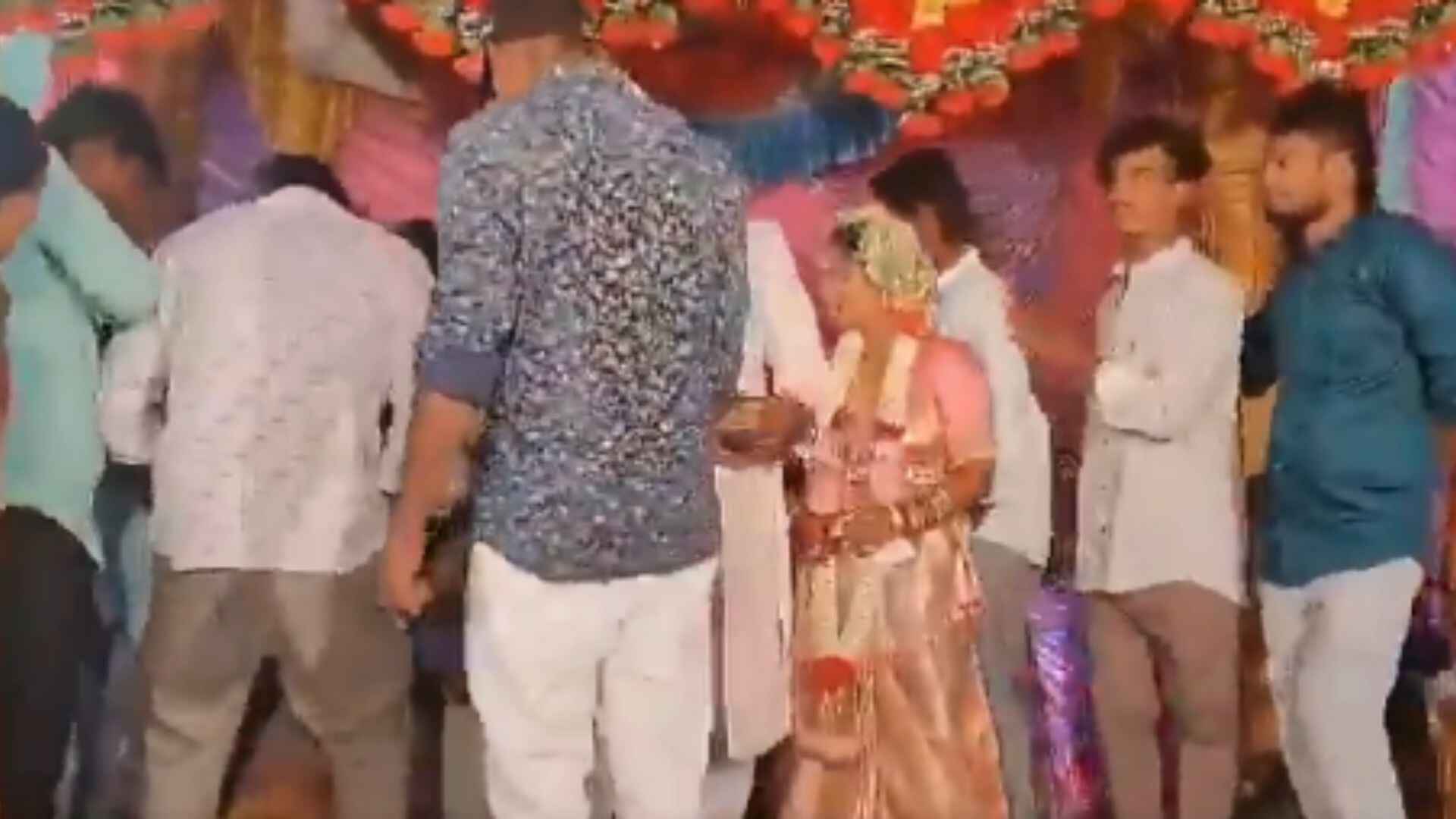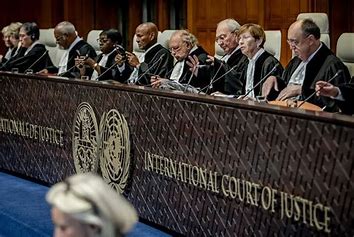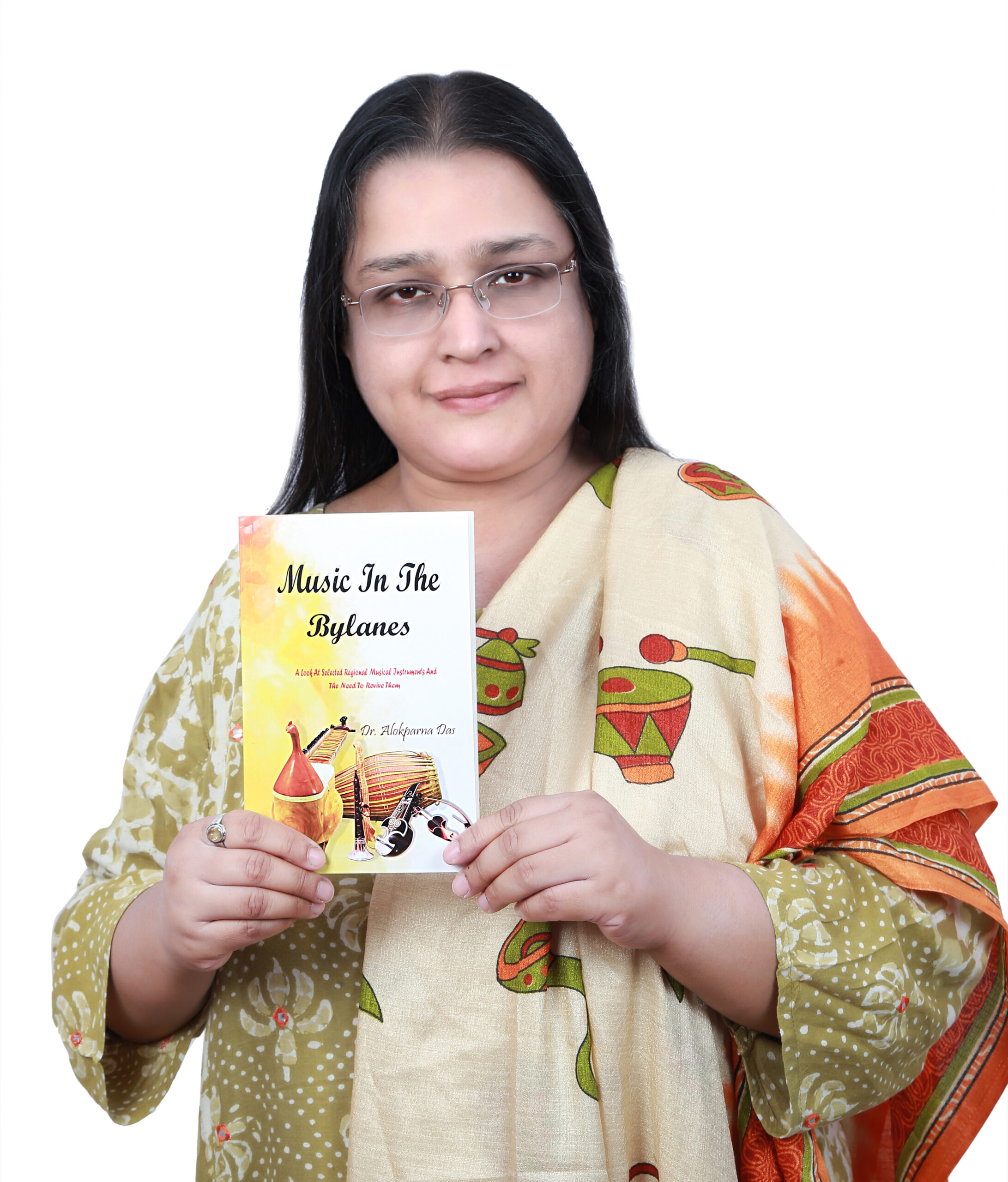
A print journalist for 30 years, Dr. Alokparna Das is also a trained musician, having learnt both Hindustani and Carnatic classical styles. Her academic qualification includes Ph.D. in Advertising and three M.A. degrees in English, History, and Mass Communication. She has published more than one thousand articles in newspapers, several research papers in academic journals, short stories and four books, and also won awards for her writing. As an amateur photographer, Alokparna has participated in various exhibitions and won awards for her photographs.
Q. Your latest book, Music in the Bylanes, has recently won the Mighty Pens Award. Tell us about the book.
A. It is indeed an honour to win this award. I am grateful to the jury members and the organisers of Might Pens Award for this recognition. Music in the Bylanes deals with rarely heard regional musical instruments, particularly the Taus, Nafiri, Shreekhol, Saranda, Surinda and Sarinda, and the need to revive and preserve such instruments. Every musical instrument is endowed with an individual character that is rooted in the ethos of its region. My book is an attempt to understand regional musical instruments, their significance within the regional culture, their present state, and the urgent need for their revival, preservation and propagation. The three-month research undertaken by me as InterGlobe Heritage Fellow is the basis of this book.
Q. What prompted you to write about traditional musical instruments?
A. The world of traditional art forms is fast shrinking and this is especially true in the case of musical instruments. Music and musical instruments represent the intricacies of both tangible and intangible heritage. Modernity, combined with the need for ease of playing, has led to the death of many traditional instruments. In such a scenario, documenting and celebrating master musicians and craftspersons who are associated with rare musical instruments is the need of the hour.
Q. Was doing research on rare instruments challenging?
A. Since this book focuses on rare musical instruments such as the Taus, Nafiri and Sarinda, to begin with, it was a challenge locating musicians and instrument-makers associated with these instruments. It was also a challenge in certain cases to find someone who, besides being a talented exponent, could also communicate well about the nuances of the art form and its allied professions. Luckily, the musicians and instrument-makers I met were forthcoming in sharing their knowledge with me.
Q. This is your fourth book. Are you trying to build a body of work with connections between each book?
A. While each of my books stands on its own, two of my books – Prominent Hindu Deities: Myths & Meanings and Abodes of the Sun God – are on religion. The other two, Haveli Sangeet and Music in the Bylanes, are on lesser known musical traditions.
Q. Take us through your literary journey.
A. Writing is both a job and a passion for me. And my literary journey is a reflection of my journey as an individual. I believe that variety makes life interesting. Writing news is very different from writing a short story and writing on music is different from writing on mass media. I have, so far, experimented with various genres – from journalism to mystery story to historical fiction to writing on rare musical traditions. I have published more than one thousand articles in newspapers and magazines, and several research papers on mass media in academic journals. My first book, Prominent Hindu Deities: Myths & Meanings, found mention in Encyclopedia of Hinduism. My second book, Haveli Sangeet, won the Golden Book Award and the IIWA Woman Writer of the Year title. My third book, Abodes of the Sun God, won the Non-Fiction Author of the year in 2022. My first short story, The Charioteer, was one of the winners at a national-level creative writing competition; so was my fifth short story, The Lord of Avanti. My thesis, on other hand, was on advertising in India.
Q. How would you describe your writing process?
A. I believe that a writer writes for herself first and then for others. Writing is documenting your experiences, imagination and sentiments. Originality is the key to good and ethical writing. Informed readers appreciate original work. I feel writing is like making sugar candy; keep boiling until you have distilled the nuggets that captures the flavour you want. This also means that writing is a skill that needs practice. Writing for me is more than a vehicle for communicating ideas, it exposes the gaps between my knowledge and literary logic, pushing me to articulate my assumptions while considering counterarguments. I hope my writing process sharpens my thinking process too. At a practical level, my writing process starts with observation, which leads to idea.
The next step is research – both physical and academic. Research is the most important step towards writing. For my books, I take up both academic and physical research. For instance, for my book, Haveli Sangeet, I visited various places across the country, met and interviewed artistes and also read a number of books and even visited museums. It took me almost a year to do this research. My family collection of thousands of books comes handy during my research. Usually, I do not write more than two drafts; editing and proof-reading are very important. Finally, writing is also a journey – physical, emotional and intellectual.
